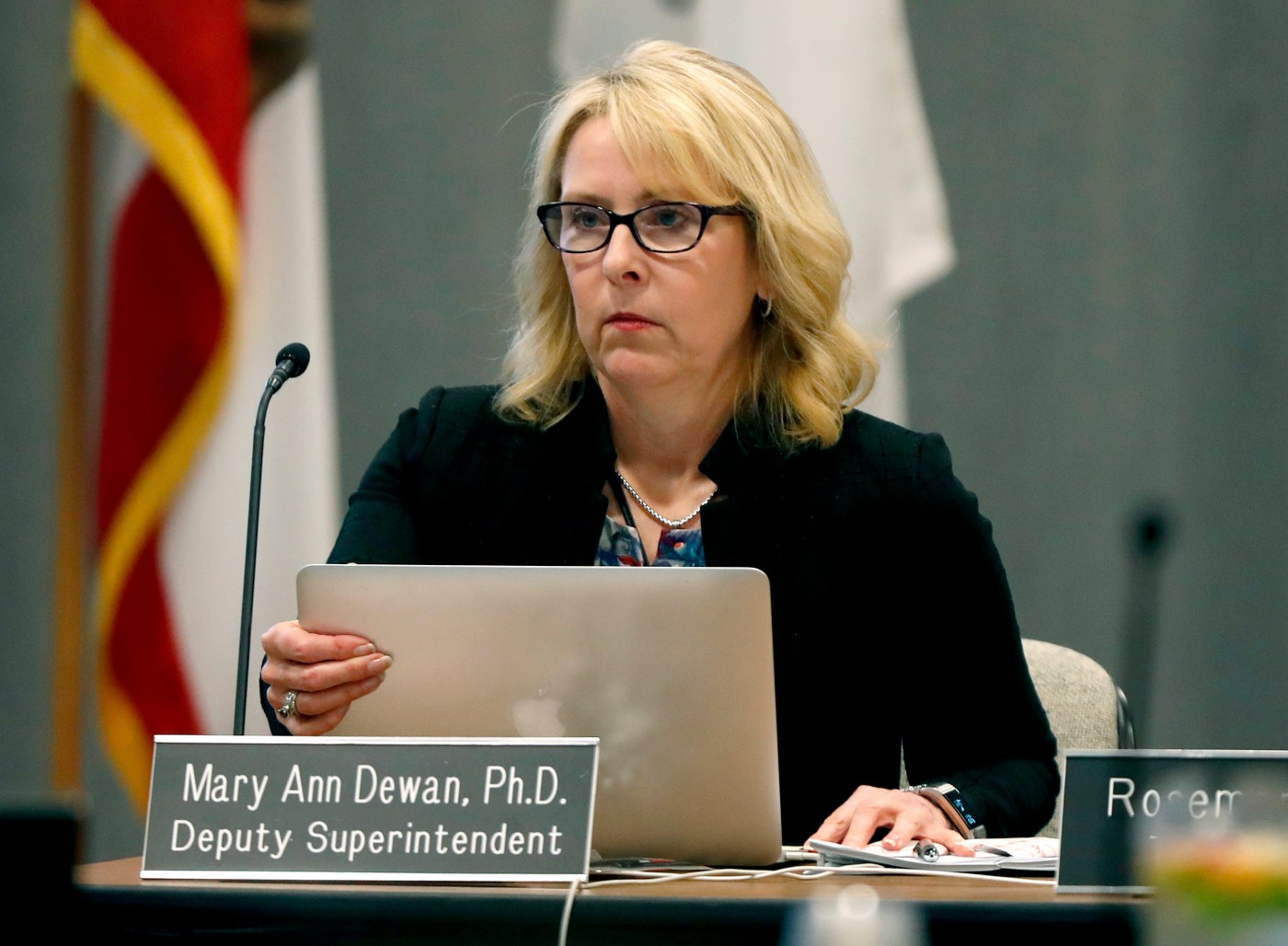UPDATE: The Antioch City Council has just rejected critical amendments to the Police Oversight Commission, sending shockwaves through the community. Last week’s decision, which aimed to implement background checks and social media reviews for new commissioners, underscores the growing tension over police accountability in the city.
During the session, council members voiced strong opposition to several proposed changes, particularly the requirement for fingerprinting and social media scrutiny of applicants. Councilmember Donald Freitas argued that such measures were inappropriate, asserting, “I don’t think it’s appropriate in this commission. I don’t think it’s appropriate in any commission.” His comments reflect a deep concern about potential bias in the selection process for commissioners.
The controversy intensified after the appointment of Joseph Mitchell in May, which drew backlash from residents due to his controversial social media postings. These included accusations of racism and anti-LGBTQ+ sentiments, raising questions about the vetting process for commission members. Susan Kennedy, a current commissioner, cautioned against the implications of rigorous background checks, stating, “It potentially sends a message of exclusion.”
In a surprising twist, the Council is considering granting itself the authority to temporarily pause the oversight commission, which could only be enacted with a majority vote. This proposal arose following a request from Mayor Ron Bernal, who suggested a pause while searching for a replacement for Commissioner Leslie May, whose departure left the commission understaffed.
The Council’s discussions revealed a split in opinions. Councilmember Monica Wilson warned that a temporary suspension could be a “slippery slope,” emphasizing the need for strict criteria for such actions. Meanwhile, Freitas countered concerns about the Council abusing this power, asserting that public scrutiny would prevent misuse.
Other proposed changes included extending the timeframe for new commissioners to complete mandatory police ride-alongs from 30 to 90 days and exploring alternative training options, such as observing dispatch operations instead. However, these proposals remain in limbo as city staff prepare a detailed ordinance for further review.
Residents are left watching closely as these developments unfold, with many expressing fears that the Council’s actions could undermine the commission’s integrity. The stakes are high, as the outcome of these discussions will shape the future of police oversight in Antioch.
What’s Next: A detailed ordinance incorporating the City Council’s recommendations is expected to be presented in upcoming meetings, leaving the community anxious about the potential implications for police accountability. Engaged citizens are urged to stay informed and voice their opinions as the Council navigates these critical decisions.
This situation is evolving rapidly, and more updates will follow as Antioch grapples with the future of its Police Oversight Commission.







